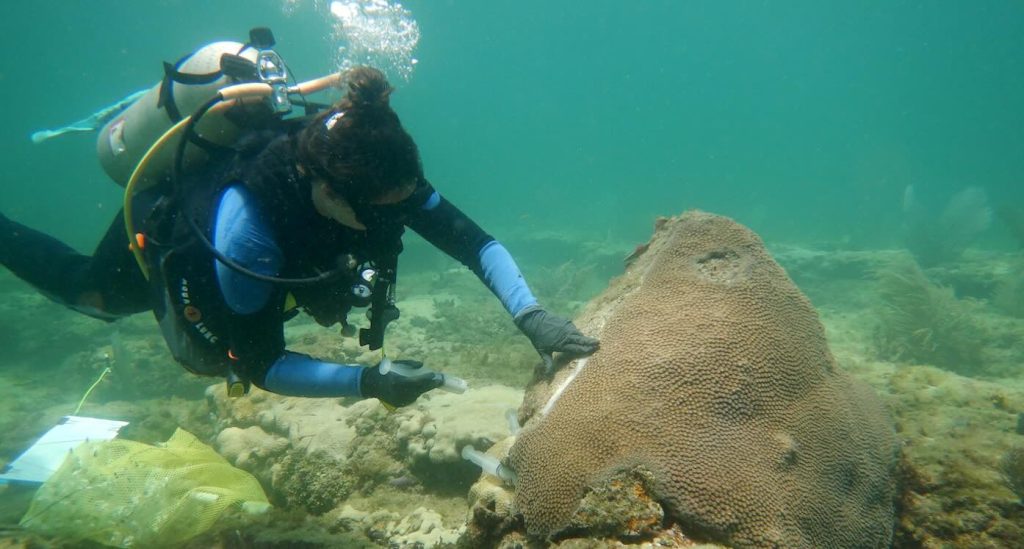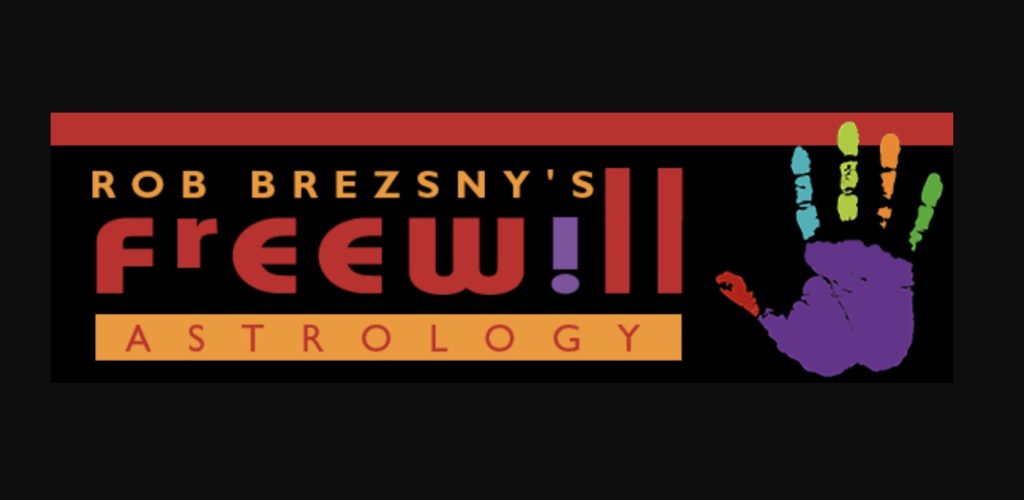In a world where coral reefs are at risk, a team of dedicated researchers has taken on the challenge of saving these vibrant underwater ecosystems. Their innovative approach combines science and compassion to offer hope for a brighter future beneath the waves.
Coral reefs are often referred to as the “rainforests of the sea,” teeming with life yet facing threats from various diseases. A particularly alarming condition known as stony coral tissue loss disease (SCTLD) has been spreading since 2014, wreaking havoc on marine populations in Florida and the Caribbean. This is where the innovative work from the Smithsonian’s National Museum of Natural History comes into play.
Recently, researchers discovered a remarkable way to bolster coral health by harnessing the power of probiotics—beneficial bacteria that many of us consume in yogurt. The team spent six years perfecting a treatment that could slow down the destructive spread of SCTLD.
Through extensive testing in both laboratories and field sites off the coast of Florida, they found that by introducing a specific probiotic, the corals could significantly reduce tissue loss. The study, published in Frontiers in Marine Science, demonstrated that these helpful microbes could be a game-changer in coral conservation.
With a mission to incorporate this healthy bacterium into the natural microbiome of corals, Dr. Valerie Paul, the study’s co-leader, emphasized the long-term benefits of this treatment. Unlike traditional antibiotics, which only offer temporary solutions and can lead to resistant bacteria, probiotics promise a more sustainable path to coral recovery.
SCTLD is particularly ruthless, affecting over 30 different coral species, including brain corals and pillar corals. It causes their vibrant tissues to erode, exposing stark white skeletons beneath. The researchers, while still unraveling the exact cause of SCTLD, have tied it to harmful bacteria, highlighting the need for an innovative solution.
Years of research led them to probiotics from corals resilient to the disease. They tested over 200 bacterial strains, finally identifying ‘Pseudoalteromonas sp. McH1-7’ as the ideal candidate. This probiotic was shown to produce several antibacterial compounds, offering newfound hope for at-risk coral colonies.
In 2020, the time came to attempt a real-world solution. The team conducted field tests on a shallow reef near Fort Lauderdale, where corals were suffering from SCTLD. They treated the corals using weighted plastic bags filled with seawater containing the probiotic. This created mini aquatic environments that allowed the probiotics to work their magic, enveloping each colony in a protective embrace.
After more than two years of diligent monitoring, the results were encouraging. The probiotic treatment not only slowed the disease’s advance but also harmonized with the corals’ natural microbial communities. In contrast, traditional antibiotic treatments like amoxicillin required repeated applications and were unable to safeguard against future disease outbreaks.
A New Chapter for Coral Reefs
While the success in northern Florida’s reefs is heartening, the team is now turning its attention to calibrating the probiotic treatment for other regions, like the Florida Keys. Initial results there were less consistent, emphasizing the need for tailored approaches based on local ecosystems.
Dr. Paul remains optimistic about the future, stating that probiotics could be a vital tool in combating SCTLD across the Caribbean. The ongoing quest to strengthen coral microbiomes could lead to groundbreaking methods to protect these underwater treasures.
As researchers continue their vital work, they remind us all that the health of our oceans is interconnected with our own well-being. It’s a reminder that with innovation, dedication, and a sprinkle of hope, we can all play a part in the conservation of our planet’s incredible biodiversity.
Join the movement to protect our ocean friends—share this uplifting story with others!
If you would like to see similar good news stories click here & Share this to brighten someone’s day.





